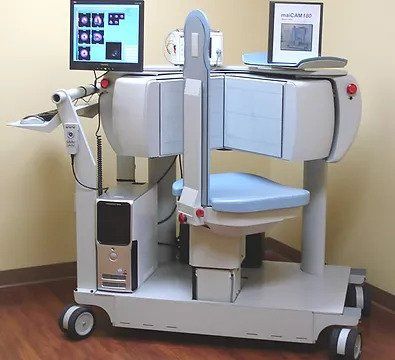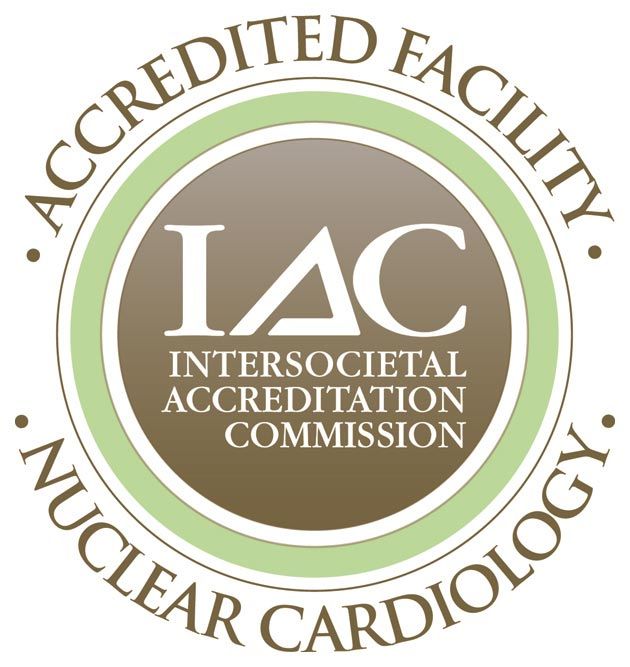Nuclear Stress Test
in Daytona Beach, FL
Diagnose symptoms such as chest pain, palpitations, or fatigue by monitoring both the electrical activity and blood circulation in your heart during exercise.
Cardiac testing can be nerve racking, but we are here to make it as straight forward as possible. No one plans on having heart problems, but if you do you need to find a doctor you can trust. At Complete Cardiology Care we staff Cardiologists and Electrophysiologists that perform texcercise stress test on patients in Daytona Beach, Ormond Beach, Palm Coast, Deltona, Deland, and the surrounding areas.
Performed on a treadmill
or while sitting
Trigger symptoms in a controlled setting
Find out if you have blockages

What is a nuclear stress test?
A nuclear stress test is very similar to a regular stress test, except it also includes imaging of your heart and radioactive dye in your veins. This test takes pictures of blood flow to your heart by first injecting radioactive dye into your veins before the images are taken.
Images of your heart's activity are then taken at two stages. The first of which is taken while you are at rest, and then images are taken when you are exercising. The pictures will show how much of the dye reached various areas of your heart during the two stages - areas where there is little or no dye flow indicate possible blockages.
Imaging stress tests tend to detect congenital heart disease and can also predict the future risk of heart attack better than standard, non-imaging stress tests.

Our office only uses both equipment and staff that have been certified by the IAC. The Intersocietal Accreditation Commission (IAC) is a nonprofit, nationally recognized accrediting organization. The IAC was founded by medical professionals to advance appropriate utilization, standardization and quality of diagnostic imaging and intervention-based procedures. The IAC programs for accreditation are dedicated to quality improvement and patient safety and all support one common company mission: Improving health care through accreditation®.
Find out if that chest pain is heart related or something else
If you are curious about exercise stress testing in Daytona Beach, FL please reach out to us. We are currently accepting new patients. Complete Cardiology Care staffs Cardiologists and Electrophysiologist that serve patients in Ormond Beach, Daytona Beach, New Smyrna Beach, Port Orange, Deltona, Deland, and the surround areas.
Our Cardiologists and Electrophysiologist take nearly all insurances. We accept Aetna, AARP Medicare Complete, Blue Cross / Blue Shield, Cigna, Florida Healthcare, Florida Hospital Care Advantage, Freedom Health, Health First Health, Humana PPO - out of network benefits apply, Medicare, Optimum Healthcare, Railroad Medicare, Tricare, United Healthcare, VHN, Wellcare.
We are also a partner with the VA and are proud to serve those who have served our country!
Self Pay Cardiology services are available too! Call and ask for our price list.

